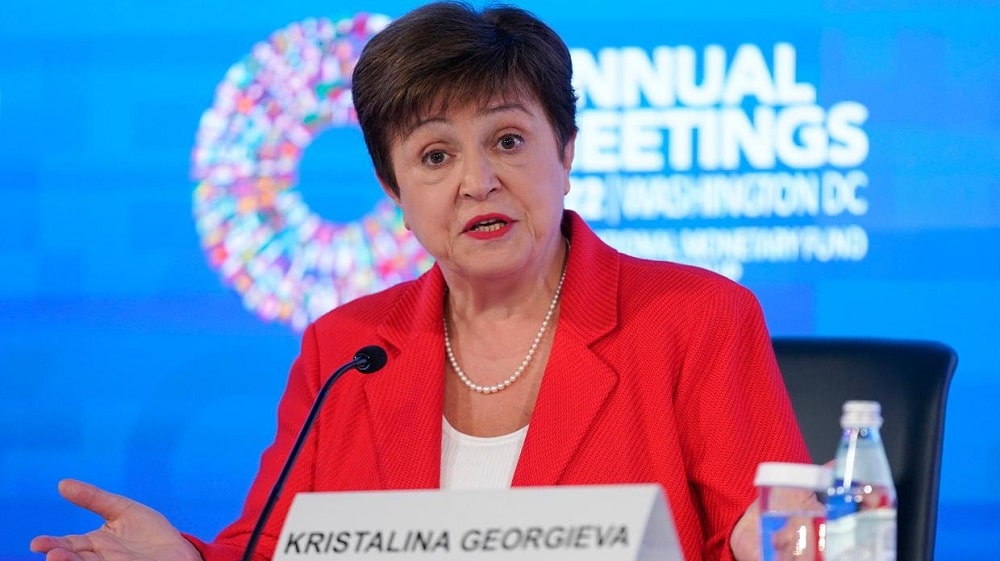IMF Managing Director Kristalina Georgieva urged Pakistan to take the required steps “to be able to function as a country” and avoid “falling into a perilous situation where its loans must be restructured.”
She made this remark during the Munich Security Conference while conversing with a Deutsche Welle reporter.
Pakistan and the international lender could not resurrect a $6.15 billion bailout package because they could not obtain a staff-level agreement within the stipulated time frame. However, both parties did agree on a series of initiatives that can still aid in concluding the deal and avoiding the imminent default.
The Pakistani government sought to persuade the IMF of its sincerity by gradually implementing all special stipulations. But, the conclusion of the IMF mission’s 10-day stays on February 9 without a staff-level agreement crushed those aspirations.
During her speech at the Munich Conference, Georgieva elaborated on the measures that the international lending institution expects the Pakistani government to implement.
I want to underline that we are emphasizing two things. The first revenue source is tax revenue. According to the IMF’s requirements for reactivating the stalled bailout package, people who can earn a solid income must contribute to the economy.
The IMF chief said, “Second, to have a more equitable distribution of pressure by redistributing subsidies solely to those who truly require them.”
She stressed the importance of establishing tailored subsidies by stating, “Subsidies should not appear to favor the wealthy.” Instead, beneficiaries from them should be disadvantaged.
She stated, “The Fund is clear that we want to safeguard the poor people of Pakistan.”
Georgieva recognized that Pakistan was ravaged by enormous floods in 2022, which affected more than one-third of the country’s population. She stated, “My heart goes out to the Pakistani people.”






